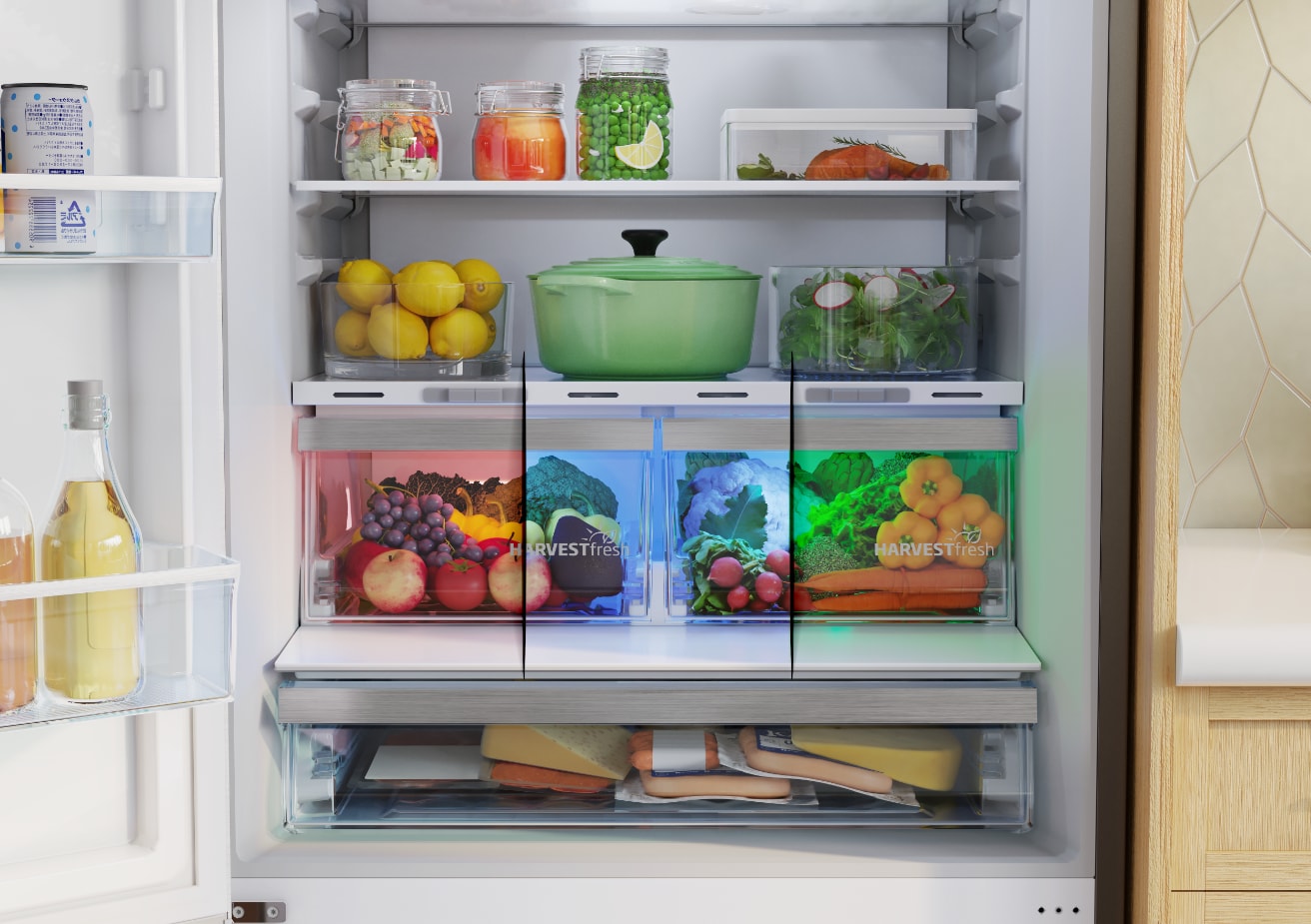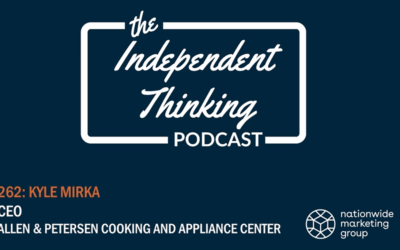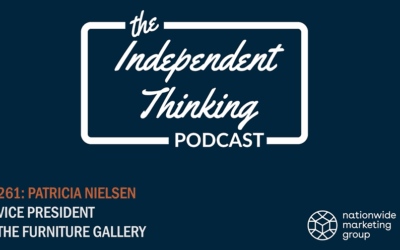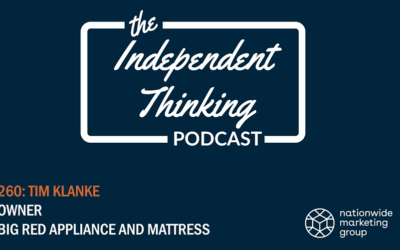To best serve your customers, you first have to understand them. You have to identify what’s important to them, what factors influence their decisions, what matters most to them. But, perhaps most importantly, you have to be authentic — not only with your customers themselves, but you as a business have to be genuine.
When it comes to shoppers today, there’s been perhaps no more-closely examined cohort than Gen Z. The youngest shoppers, who are quickly becoming the single-most influential group of consumers, have long been looked at by retail researchers. And while it’s hard to lump tens of millions of individuals into a single group simply based on their age and identify broad strokes of influence, at least one theme has consistently presented itself about these up-and-coming consumers: Sustainability matters to this generation.
What’s more, it’s not just the product that the Gen Z consumer cares about. Gen Z shoppers (and millennials, to an extent) will also look at and examine the brand behind the product and the retailer selling the product to see if their practices are sustainable. And, to revisit an earlier point, is that brand or retailer authentic and transparent about their efforts around sustainability?
“They’re looking beyond tangible products and actually trying to understand what is it that makes the company tick,” Bo Finneman, a marketing and sales leader in the consumer packaged goods practices division at McKinsey & Company, explained in an episode of the McKinsey Podcast that examined Gen Z and Millennials. “What’s its mission? What’s its purpose? And what is it actually trying to build for us as a society?”
The answers to Bo’s questions seem simple on the surface. You probably have a business plan typed up somewhere that gets at half of them. But putting printed pages into practice takes time, it takes effort, and it takes buy-in from the team you build around you. It takes building a company culture that meshes with not only your team, but your community and your customers.
There are a myriad examples of companies and brands that have successfully created strong corporate cultures. But you might be hard pressed to find a large number of brands that have actually turned that culture into a movement for meaningful, impactful change that spans the globe.
Beko, the home appliance manufacturer and a Nationwide Marketing Group vendor partner, happens to be one of those brands.
 Part of the Arçelik portfolio of brands, Beko takes its lead from its parent company and has fully bought in to the sustainability movement. Browse the Arçelik website (www.arcelikglobal.com) and you’ll get a great sense of what that means. Everything you see and read about Arçelik and the 12 brands under its umbrella stresses how the company puts sustainability at the heart of what they do.
Part of the Arçelik portfolio of brands, Beko takes its lead from its parent company and has fully bought in to the sustainability movement. Browse the Arçelik website (www.arcelikglobal.com) and you’ll get a great sense of what that means. Everything you see and read about Arçelik and the 12 brands under its umbrella stresses how the company puts sustainability at the heart of what they do.
“We are people of consumption. We buy something, we use it, and we consume it, we throw it away,” says Sazi Bugay, vice president of product management for Beko. “It starts from how you look at the world evolution, how you look at the materials we use, how we can use our resources much better. Doing so, Arçelik switched to this sustainability approach many, many years ago.”
From Production to Performance
Sustainability, it turns out, presents itself in many forms throughout the company. It started, according to Bugay, on the production and manufacturing side of the business.
“Arçelik created these self-sufficient production locations so that we don’t have to borrow energy, or borrow water, you know purchase water, from municipalities to produce our own products,” he explains. “Then the design is very important. When I entered the company 28 years ago, we were designing back from container backwards. Today, we start by looking at the carbon footprint. We’re not just talking or thinking about the size of the product, we’re also thinking about carbon emissions involved in the production of, as well as the use of, the product and the afterlife of the product when we send it to the recycle center or dumpster.”
Arçelik recently saw one of those manufacturing plants designated as a “Sustainability Lighthouse” by the World Economic Forum due to its “effective on-site sustainability measures.”
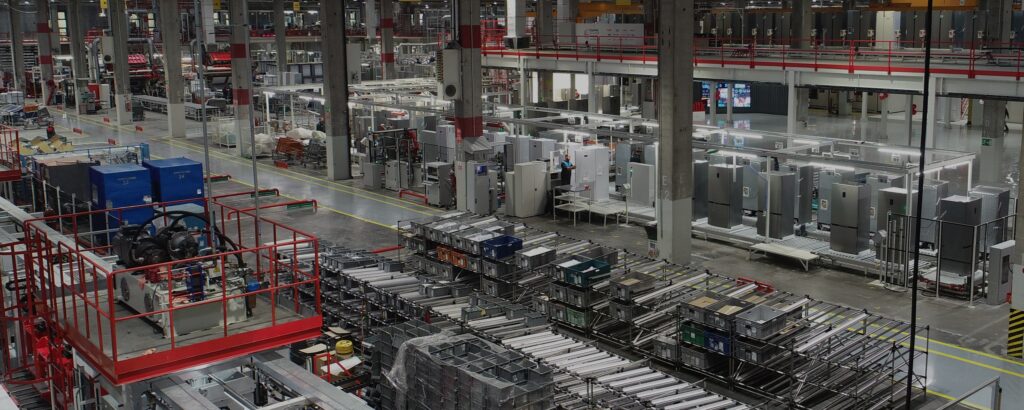
“Everything is being reused so that we give back to the environment. That’s a very important part of our life, and it’s in our DNA as a company,” says Bugay. “I’m proud to work in a company that actually has full carbon neutral facilities. However, we’re not done there. We have to make all of our processes, all of our life cycle of the product as carbon neutral as possible.”
The sustainability work continues on the product side as well. One recent example of this is Beko’s recently introduced refrigerators with EverFresh+ technology that Bugay says keeps the temperature consistent while also regulating humidity to ensure fruits and vegetables stay fresh for up to a month.
“We noticed that there’s an unbelievable food waste here where we throw away products from our homes from our refrigerators. We leave them there, we forget that we bought them, and they end up rotting,” he says. “Our EverFresh+ technology basically mimics the sunlight while also controlling the temperature and humidity to extend the life of those fruits and veggies.”
Beko also brought circadian rhythm of the sun into those crisper drawers with its recently introduced HarvestFresh technology. The brand’s website describes the three-color light technology as a feature that mimics the 24-hour sun-cycle inside the crisper drawer, preserving vitamins for longer.
Beyond the kitchen, Arçelik identified a major area of environmental concern in the clothing industry and opted to find a fix via their washing machines. Microplastics have been falling off of our clothes for decades and making their way into the world’s oceans, getting eaten by fish, which ultimately end up on human plates, thus transferring those microplastics right into our own bloodstreams. Those tiny fibers often get introduced through our washing machines as they fall off of our clothes.

Still in production, Arçelik is working on developing washing machines that can effectively collect and filter out those microplastics.
“There are other factors that create these microfibers, but as an appliance manufacturer we took the responsibility at least to look at what we can do,” Bugay explains. “So we’re circulating the water, we’re taking the fibers out, but there’s still work to do. We have to find a way to recollect them and reuse them to somewhere else and control the dumping of them.”
Global Recognition
Arçelik’s decades-long commitment to these processes has resulted in countless awards and honors. Within just the past year, the parent company and Beko were ranked 16th and 17th respectively in the Real Leaders Top 300 Impact Companies list for 2023, they achieved the highest score out of any household durables company in the Dow Jones Sustainability Indices, and they won awards in three categories at the Sustainable Business Awards program — among others.
Closer to home, Beko recently was named a 2022 ENERGY STAR® Partner of the Year Sustained Excellence, the fourth year in a row the brand received the honor. For all the recognition they’ve received, Bugay will tell you that it’s nice to have, but that’s not why Beko and their parent company are so genuinely committed to these efforts.
“We are only given this one environment,” he says. “We are 8 billion people globally. So every manufacturer, every brand owner has to do their own part to protect what we’ve been given. It’s not easy to adopt this kind of cultural change. But at a certain point, change becomes necessary in order to leave this world better than how we found it.”

